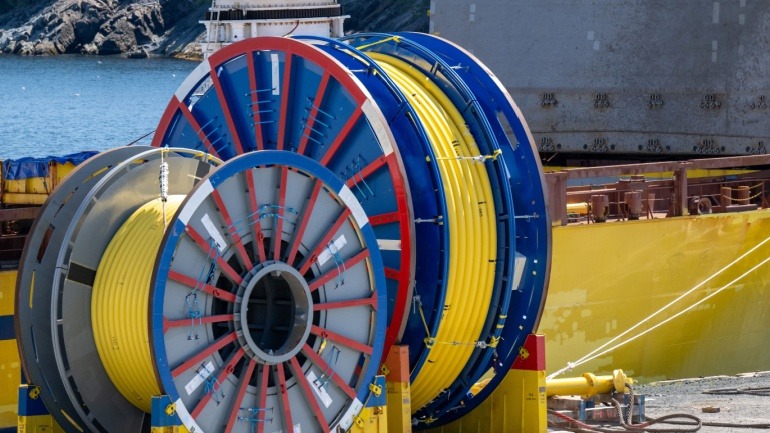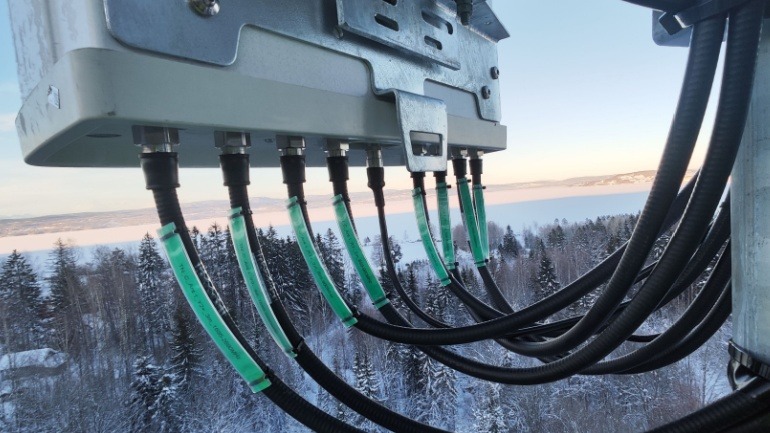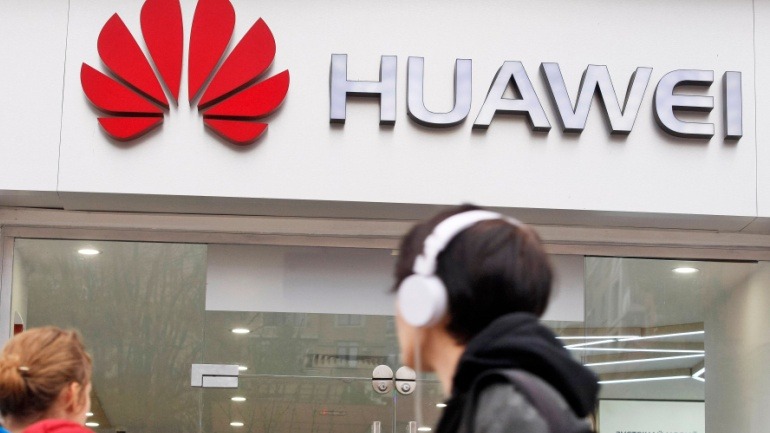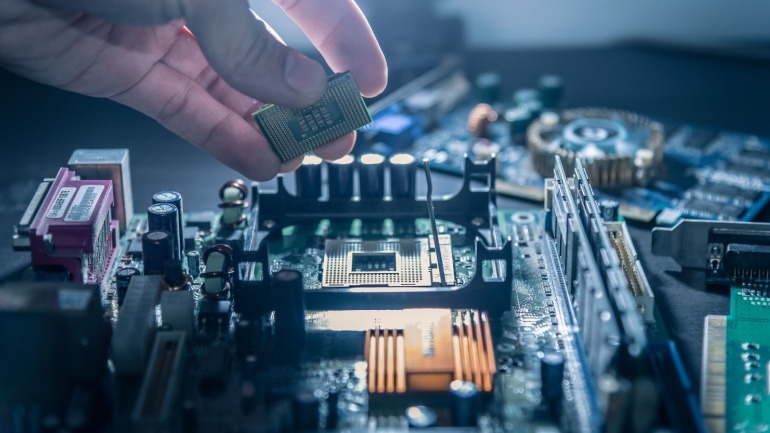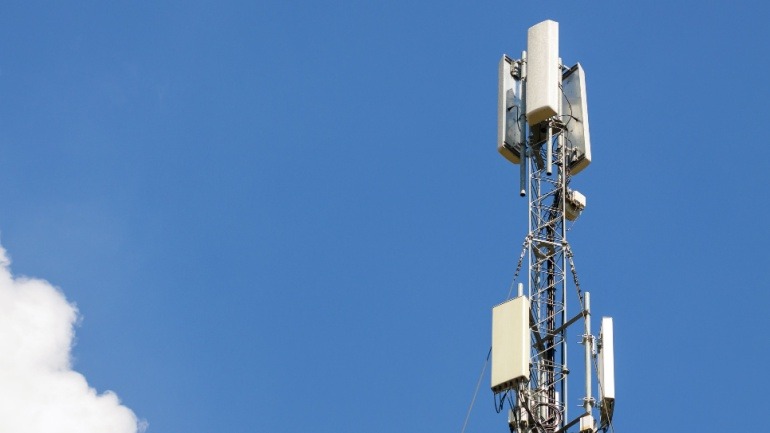The UK’s focus on safeguarding its undersea networks is critical amid rising tensions with Russia and China. With concerns over VoIP communication vulnerabilities and infrastructure threats, the Royal Navy is vigilant. Reforms ensure clear accountability, emphasizing the importance of protecting crucial subsea networks for digital security.
The radio access network market is stabilizing, offering a promising outlook after past downturns. While the RAN growth remains steady, the mobile core network shows impressive gains, especially with 5G developments. Companies like Ericsson and Nokia are key players, advancing telecom infrastructure with innovative VoIP solutions, paving the way for future growth.
The Radio Access Network market continues to thrive in 2025, with key players like Huawei, Ericsson, Nokia, ZTE, and Samsung steering the industry forward. The RAN sector is evolving through artificial intelligence and cloud-native technologies, especially in Asia-Pacific. Stay updated with the latest trends and insights in VoIP solutions.
The future of technology lies in embodied AI, a pivotal shift impacting industries beyond imagination. From autonomous vehicles to industrial robotics, this integration reshapes VoIP systems, highlighting seamless data interaction. Companies that harness this synergy will revolutionize VoIP capabilities, ensuring sustainable growth and competitive advantage in the connected world.
In the ever-evolving tech cold war, the European Union carefully navigates Huawei’s controversial presence by utilizing a strategic ‘toolbox’ of recommended security measures. As the EU weighs a potential ban, VoIP technologies could see significant shifts depending on alliance formations and geopolitical pressures, significantly impacting global telecommunications infrastructure.
Telefonica’s transformative strategy “Transform & Grow” emphasizes modernization, AI innovation, and customer experience enhancement across key markets. Aimed at becoming a leading European operator, the plan includes boosting efficiency and expanding in consumer and business sectors, with an eye on connectivity improvements and financial growth through optimized VoIP services integration.
Tesla and Samsung signed a sixteen and a half billion dollar deal to produce custom AI chips in Texas through 2033. The agreement centers on Tesla’s AI6 chip for autonomous vehicles and robotics, boosting Samsung’s foundry business and advancing US semiconductor goals while strengthening ties between American and Korean industries.
Nvidia is facing a significant challenge as it informs Chinese clients about the shortage of H20 chips, a crucial AI processor. This arises due to U.S. government delays in export licenses amidst trade tensions and restrictions.
Synopsys’ acquisition of Ansys, valued at $35 billion, promises to revolutionize engineering solutions, particularly in silicon design. With AI-driven innovations and enhanced system simulations, this merger is set to redefine capabilities in automotive design and chip thermal management.
Hong Kong is subsidizing 5G base stations in rural and remote areas to boost mobile coverage and promote smart tourism. The scheme, backed by up to HK$200 million, targets isolated villages and country parks, aiming for 98 percent coverage on major hiking trails.



